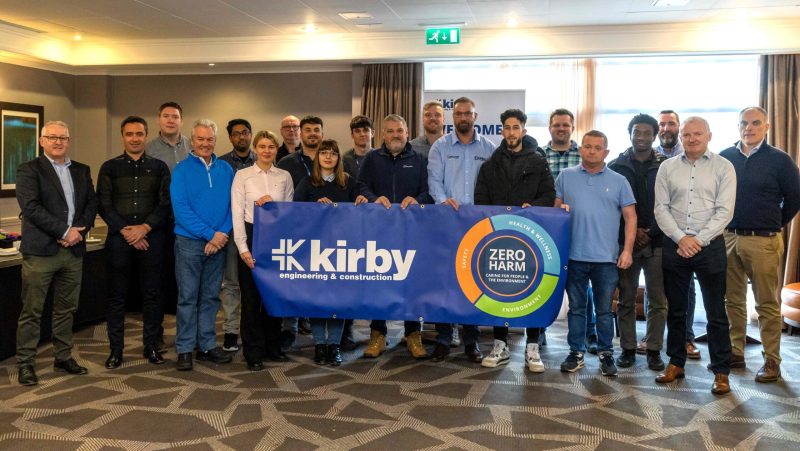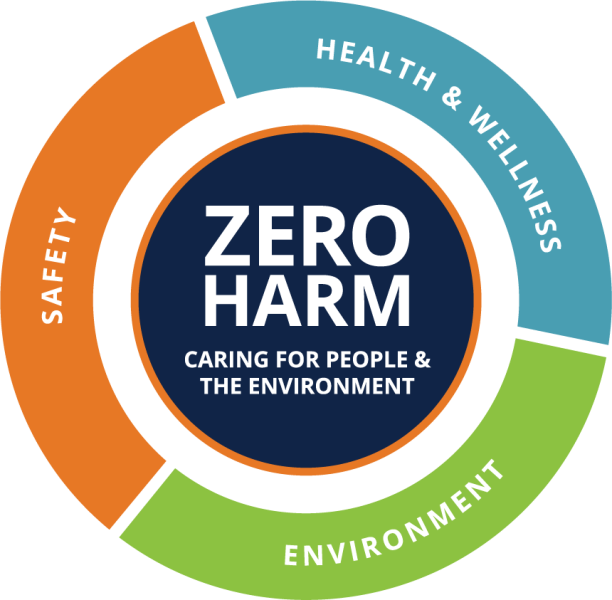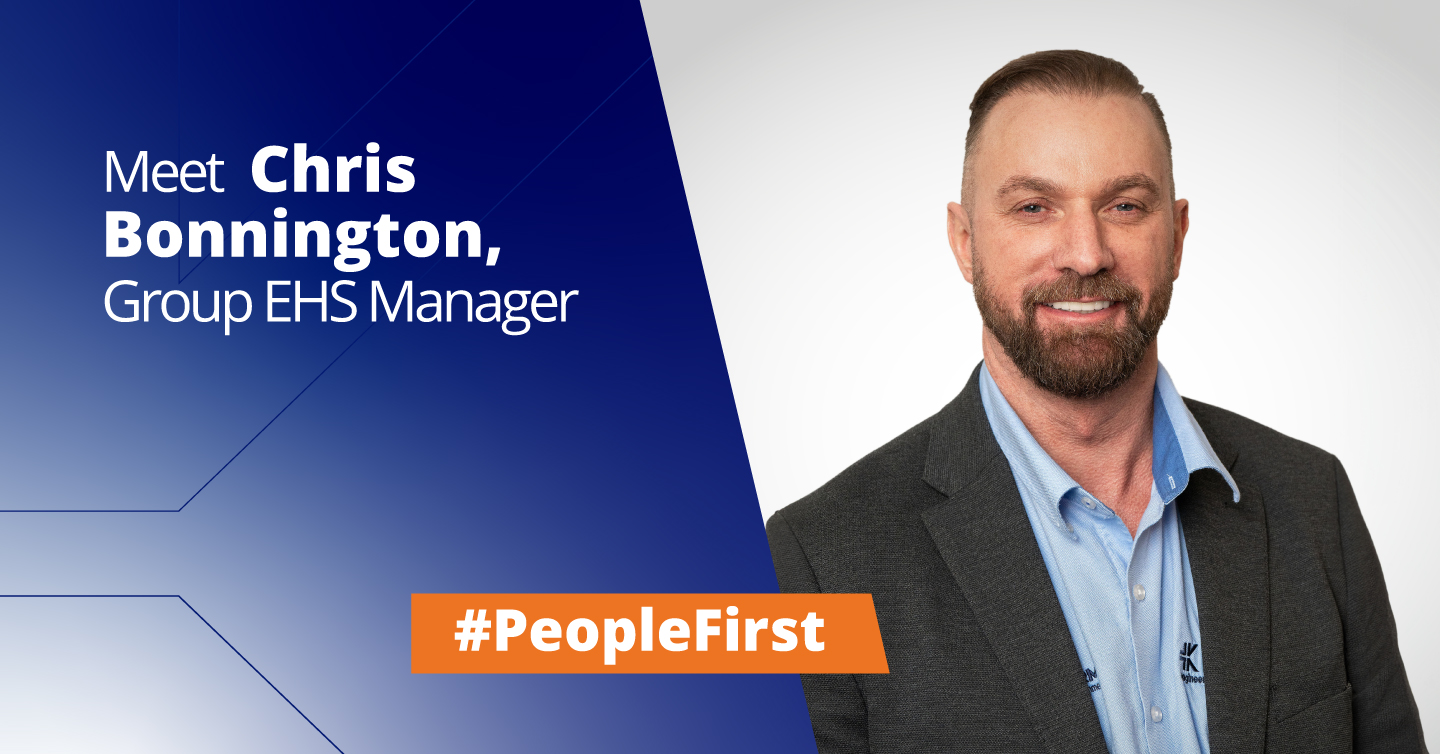In this People First, we speak to Chris Bonnington, Group EHS Manager at Kirby and a driving force behind our Zero Harm vision.
Chris has built his career through the industry, with a Masonry Apprenticeship in Canterbury, New Zealand, followed by a Carpentry Apprenticeship and commercial construction qualifications in Australia. In the early 2000s, he transitioned into heavy industry in Australia, working in shipbuilding, oil and gas, and mining, which led him to become increasingly involved with the health and safety leadership of large-scale projects.
“The way sites operated during my early career was heavily influenced by unions and shop stewards. It was tough; unions, safety, and commercial interests were in constant conflict. My approach to safety culture was shaped by those environments, and every day, I strive to ensure we listen, learn, and constantly improve. At the end of the day, safety is a universal language. We all understand what it means, but each person’s criteria for decision-making depends on their lived experience, culture, background, and perspective.
“Understanding each person’s set of values has been and remains my priority. It’s one of the key drivers for the programme,” adds Chris.
Kirby’s Zero Harm programme has been in development since 2020. It takes a comprehensive approach to enhancing safety and performance, encompassing eight core leading indicators, including engagement, communication, skills and wills, and leadership.
These indicators serve as fundamental pillars in the pursuit of improved safety and operational excellence. Designed as a two-way programme, with listening built in as standard, Chris explains, “The programme will evolve naturally; it’s not imposed on our people. They are integral to its integration, adoption, and evolution.”
Communication encourages our leaders and project managers to “own and walk the talk, not just talk the talk”. Chris explains, “When we are out on site with our teams it shows we care. That helps everyone feel part of the Zero Harm goal. It’s also an opportunity for our leaders to listen and truly hear the opinions of our craft workers and the challenges they face.”
Zero Harm as a concept is not new to the industry. “We wanted to adopt a framework that was well-established and recognised by our people, clients, and subcontractors, but also evolve it and develop KPIs that address the challenges across our individual projects and sectors,” adds Chris, who joined Kirby in 2019.
Zero Harm was initially rolled out in Ireland in 2021. “We work across multiple sectors and industries, so the rollout and how it was managed was incredibly important. Feedback from our teams was used to fine-tune the Zero Harm KPIs,” explains Chris. The core literature is now being translated into twelve languages, with communication, training, and guidance designed to be easily accessible—not just to Kirby staff, but also to suppliers and subcontractors.
Chris is keen to emphasise the element of care: “Zero Harm is simply about caring for people. Every single person on-site is part of one team, regardless of who they work for. We have built a culture of collaboration, recognition, and support that transcends company allegiances.”
“I pride myself on being able to connect with everyone. I have been on the tools; I know what it’s like. There’s a constant pressure to meet commercial targets and stay on schedule, but at Kirby, and in my role, it’s crucial that health and safety remains front and centre in everyone’s minds. We will always have a hand on the shoulder of the person next to us.”
The programme is already driving meaningful change at Kirby, but as Chris explains, “Zero Harm goes beyond compliance and performance metrics. It’s about weaving safety into the fabric of everything we do, so that it becomes second nature. At Kirby, we firmly believe that ‘striving towards Zero is the right thing to do,’ and this dedication resonates throughout the organisation, from senior leadership to every member of our frontline teams.”

Zero Harm
Zero Harm is the vision that guides all our operations and activities undertaken by Kirby. It is our commitment to continually strive to reach the highest standards in Health and Safety, minimise our impact on the environment, and work co-operatively with our people and host communities.
At Kirby, our vision for the Zero Harm programme is to establish an environment that prioritises safety and well-being, integrating these aspects seamlessly into our everyday operations. Zero Harm is simply CARING for our people.
The Kirby Zero Harm Programme embraces a comprehensive approach to enhancing safety and performance, encompassing eight core leading indicators. These indicators serve as fundamental pillars in the pursuit of improved safety and operational excellence.


